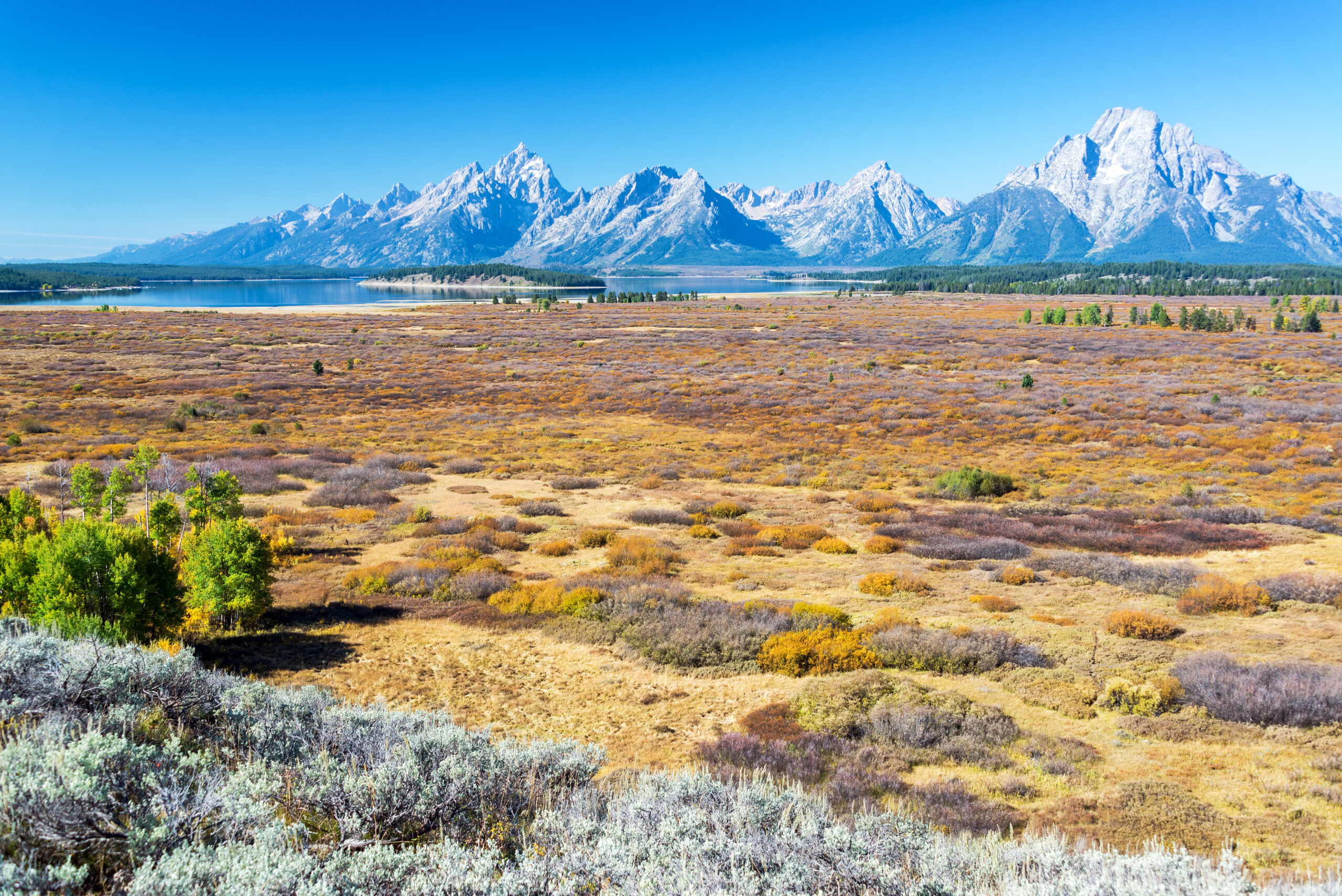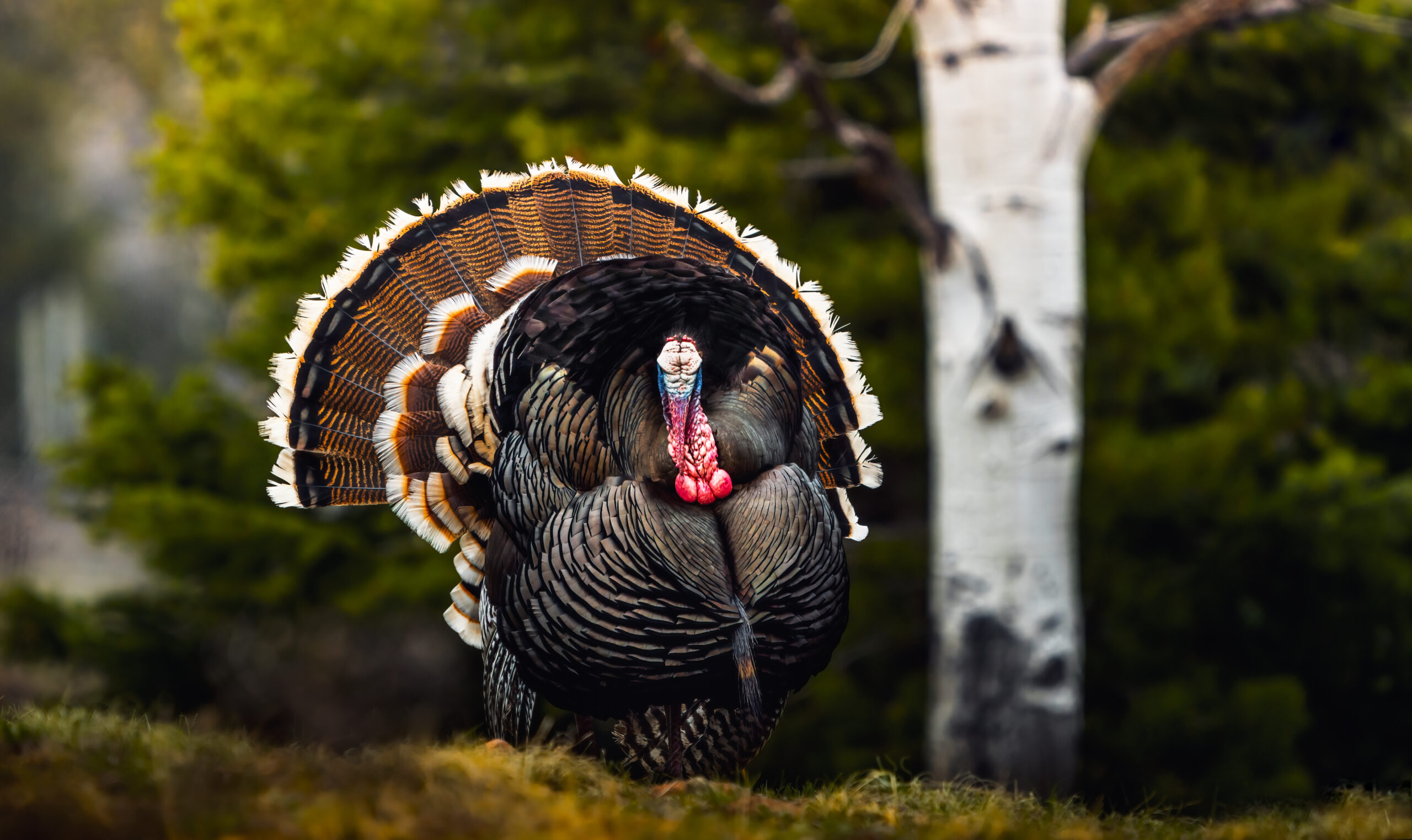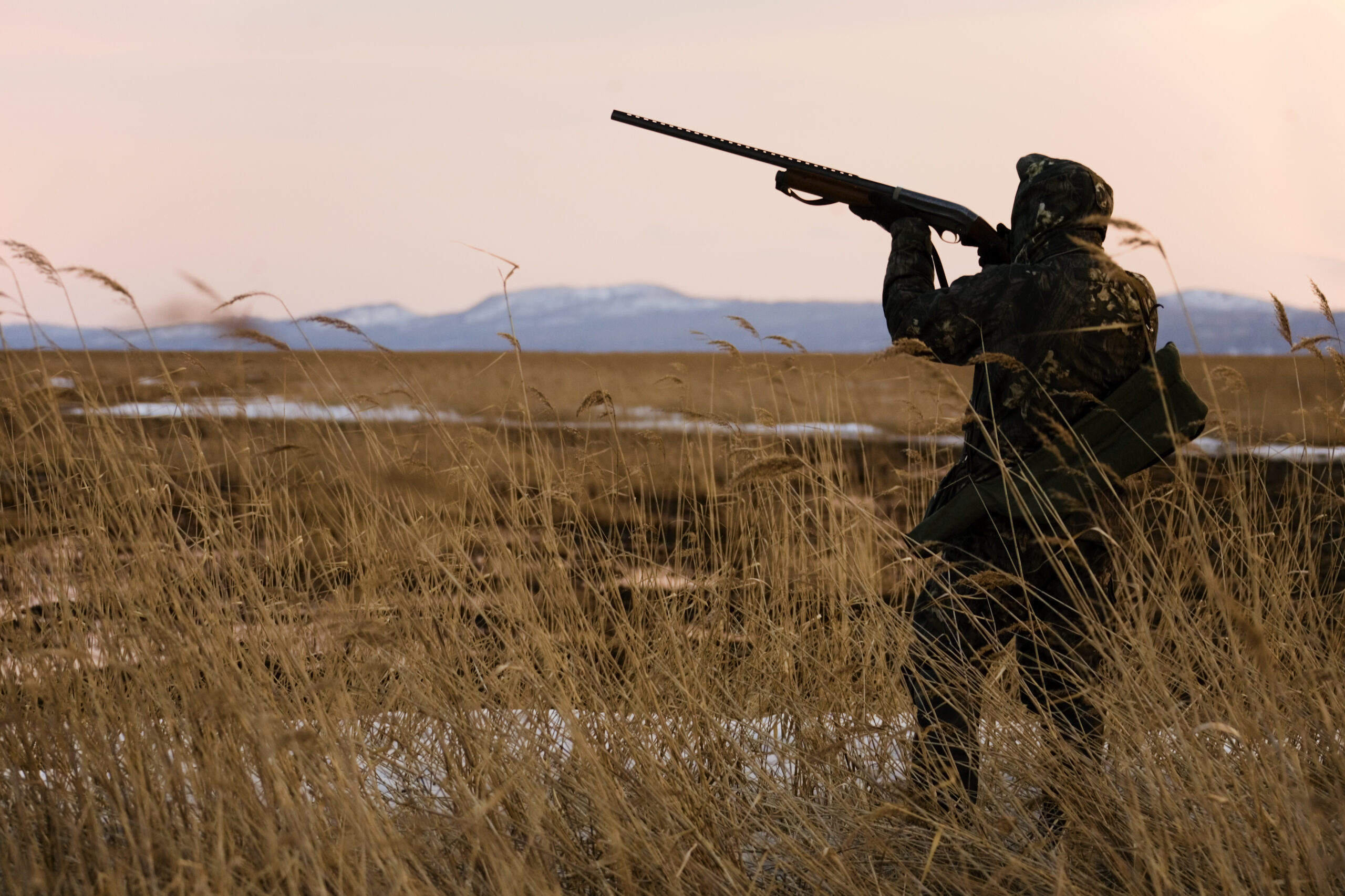About
Following significant access expansions from the Trump Administration, Safari Club International is fighting for a No-Net-Loss commitment from the Biden Administration. A No-Net-Loss policy means maintaining the current level of hunting and fishing access on federal public lands across the country.
Committing to support a no-net-loss policy is committing to sound stewardship of our natural resources. Hunters and anglers are essential to the effective management of public land. Hunting license sales and federal taxes on a wide variety of hunting supplies contribute funds directly to state wildlife management. All of this stands to decline-with consequential losses for wildlife and habitat-if access to public lands for hunters and anglers is reduced.

Take Action – Sign the No-Net-Loss Petition!
Access
Safari Club International believes that public lands are for public use. As outlined in the North American Model of Conservation, hunters are critical to true conservation of wildlife and habitat.
SCI supports efforts by the federal government to expand access for hunters and anglers, such as the recent 2.1 million acre expansion on National Wildlife Refuges across the country. SCI is actively opposed to further access restrictions on public land, such as a potential loss of 40 million acres in Alaska and 3.2 million acres recently restricted at Bears Ears National Monument and Grand Staircase-Escalante National Monument. Expanding access for hunters is the most effective and sustainable model of resource use and ecosystem protection.
30×30 Initiative
The Biden Administration released the outline of their “America the Beautiful” initiative, which includes the 30×30 plan – the goal of conserving 30% of our lands and waters by 2030. True conservation is a method of species and ecosystem protection made possible by sustainable use, active management, and revenue generation, whereas a preservationist approach would entail a minimized use of nature and resources, beginning with hunting prohibitions.
While in theory the Biden Administration’s initiative includes the proposals of sportsmen and women, unfortunately it is devoid of details and offers no specifics on the wide range of conservation questions. For starters, the Administration has yet to even define “conservation”.
Nominees
The Biden Administration has repeatedly failed to commit to a “No-Net-Loss” policy, meaning the Administration will not pledge to preserve current access to public lands for hunters and anglers around the country.
- Secretary of the Department of the Interior Deb Haaland refuses to commit to a policy of “No-Net-Loss” of access to hunting and fishing on public lands.
- Deputy Secretary Tommy Beaudreau also did not commit to “No-Net-Loss” in his confirmation hearing.
- Assistant Secretary of Fish and Wildlife and Parks Shannon Estenoz stated she will work with all stakeholders and to increase access, but did not commit to “No-Net-Loss.”
- February 23-24, 2021: Secretary of the Department of the Interior nominee, Deb Haaland,refuses to committ to a policy of “No-Net-Loss” for access to hunting and fishing on public lands.
- April 9, 2021: the Federal Subsistence Board announces a proposal for a Temporary Special Action Request WSA21-01, submitted by the Northwest Arctic Subsistence Regional Advisory Council,to close Federal public lands in Units 23 and 26A to harvest of caribou and moose by non-Federally qualified users from August 1 through September 30, 2021. This would be a total loss of 40 million acres.
- April 23, 2021: Safari Club International provides written and verbal comments opposing a proposal to close down two large tracts of land to non-resident moose and caribou hunters in Alaska is being considered during a public hearing.
- April 29, 2021: Senate Committee on Energy and Natural Resources considers the nomination of Tommy Beaudreau to be Deputy Secretary of the Department of the Interior. He does not commit to a no-net-loss policy.
- May 12, 2021: Senate Committee on Energy and Natural Resources hearing for Assistant Secretary for Fish, Wildlife, and Parks Shannon Estenoz. She does not explicitly commit to no-net-loss, but stated she will work to increase access and work with all stakeholders.
- June 16, 2021: the Federal Subsistence Board held a teleconference on Wednesday, June 16, 2021, from 10:00 a.m. to 12:00 p.m. to take action on Temporary Wildlife Special Action Request WSA21-01
- June 18, 2021: The DOI Federal Subsistence board voted to defer a decision that would have prevented legal, non-federally qualified subsistence users from hunting caribou and mouse on 40 million acres of federal public lands in Alaska. SCI provided extensive written comments, verbal testimony, and a petition with over 2,400 advocates. While the decision is deferred, the closure is still possible in the future.
- August 30, 2021:S. Fish and Wildlife Service announced its final rule to expand hunting and fishing opportunities on 2.1 million acres of National Wildlife Refuges across the country. Members of SCI played an integral role in the approval of this rule by submitting hundreds of public comments to the USFWS in early July.
- October 7, 2021: Biden Administration reversed massive Trump-era conservation decisions in key protected areas. In 2017, the Trump administration restructured the boundaries of Bears Ears National Monument and Grand Staircase-Escalante National Monument in Utah, opening up millions of acres for conservation-tourism. This did not lessen protection for the areas, but rather adopted a conservation model over a preservationist one. Biden has now totally reversed this landmark decision, locking up millions of acres away from public use.
- November 17: The Federal Subsistence Board will hold a public hearing on the temporary special action request to close hunting of moose and caribou on the federal public lands of Units 23 and 26A in Alaska. This decision was deferred earlier this year and the season remained open. Now, SCI is fighting for next season and beyond, and we need your help again to stand for hunting access and true conservation in Alaska.
- February 23-24, 2021: Secretary of the Department of the Interior nominee, Deb Haaland,refuses to committ to a policy of “No-Net-Loss” for access to hunting and fishing on public lands.
- April 9, 2021: the Federal Subsistence Board announces a proposal for a Temporary Special Action Request WSA21-01, submitted by the Northwest Arctic Subsistence Regional Advisory Council,to close Federal public lands in Units 23 and 26A to harvest of caribou and moose by non-Federally qualified users from August 1 through September 30, 2021. This would be a total loss of 40 million acres.
- April 23, 2021: Safari Club International provides written and verbal comments opposing a proposal to close down two large tracts of land to non-resident moose and caribou hunters in Alaska is being considered during a public hearing.
- April 29, 2021: Senate Committee on Energy and Natural Resources considers the nomination of Tommy Beaudreau to be Deputy Secretary of the Department of the Interior. He does not commit to a no-net-loss policy.
- May 12, 2021: Senate Committee on Energy and Natural Resources hearing for Assistant Secretary for Fish, Wildlife, and Parks Shannon Estenoz. She does not explicitly commit to no-net-loss, but stated she will work to increase access and work with all stakeholders.
- June 16, 2021: the Federal Subsistence Board held a teleconference on Wednesday, June 16, 2021, from 10:00 a.m. to 12:00 p.m. to take action on Temporary Wildlife Special Action Request WSA21-01
- June 18, 2021: The DOI Federal Subsistence board voted to defer a decision that would have prevented legal, non-federally qualified subsistence users from hunting caribou and mouse on 40 million acres of federal public lands in Alaska. SCI provided extensive written comments, verbal testimony, and a petition with over 2,400 advocates. While the decision is deferred, the closure is still possible in the future.
- August 30, 2021:S. Fish and Wildlife Service announced its final rule to expand hunting and fishing opportunities on 2.1 million acres of National Wildlife Refuges across the country. Members of SCI played an integral role in the approval of this rule by submitting hundreds of public comments to the USFWS in early July.
- October 7, 2021: Biden Administration reversed massive Trump-era conservation decisions in key protected areas. In 2017, the Trump administration restructured the boundaries of Bears Ears National Monument and Grand Staircase-Escalante National Monument in Utah, opening up millions of acres for conservation-tourism. This did not lessen protection for the areas, but rather adopted a conservation model over a preservationist one. Biden has now totally reversed this landmark decision, locking up millions of acres away from public use.
- November 17: The Federal Subsistence Board will hold a public hearing on the temporary special action request to close hunting of moose and caribou on the federal public lands of Units 23 and 26A in Alaska. This decision was deferred earlier this year and the season remained open. Now, SCI is fighting for next season and beyond, and we need your help again to stand for hunting access and true conservation in Alaska.




